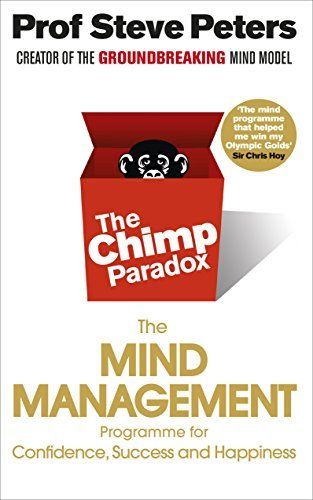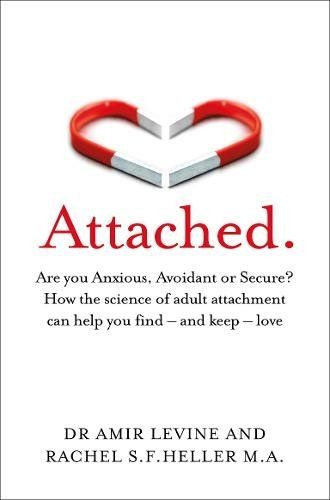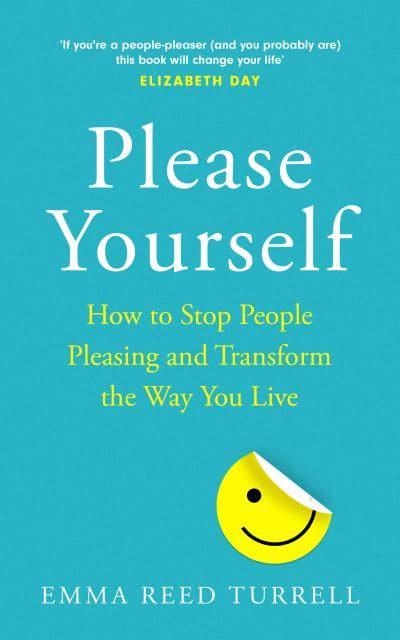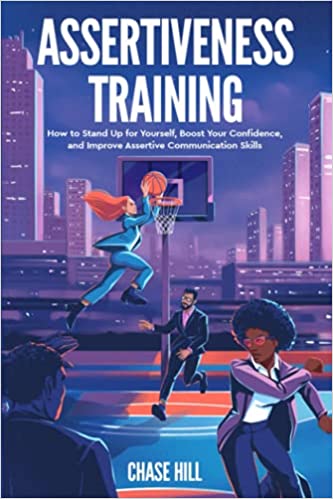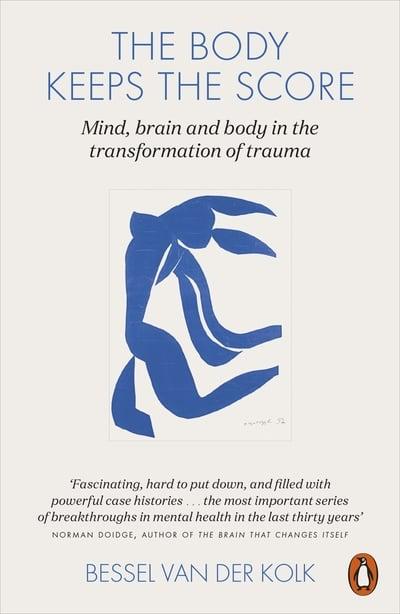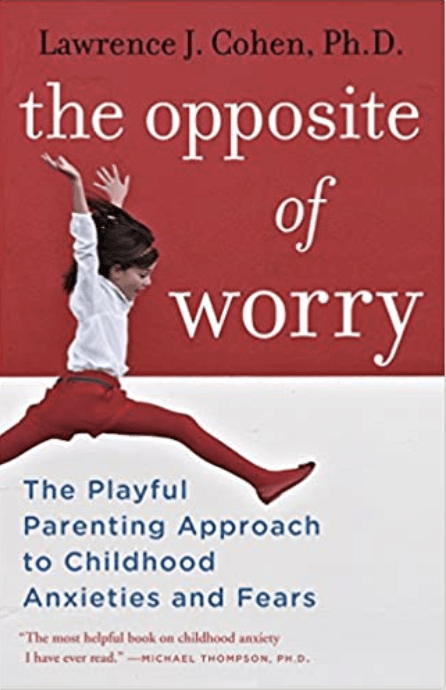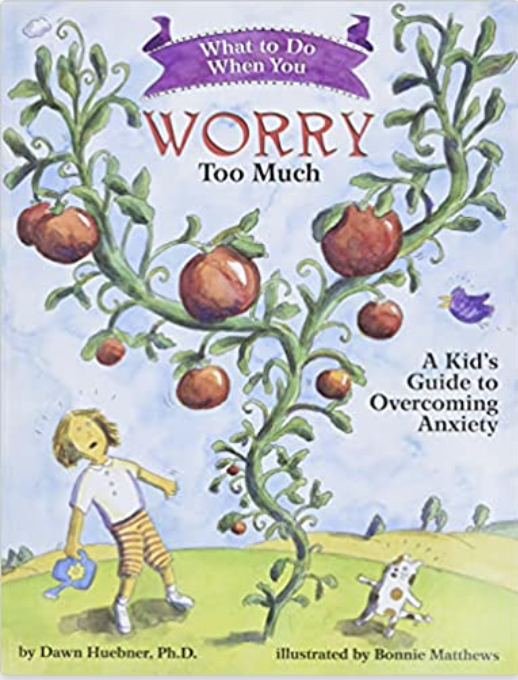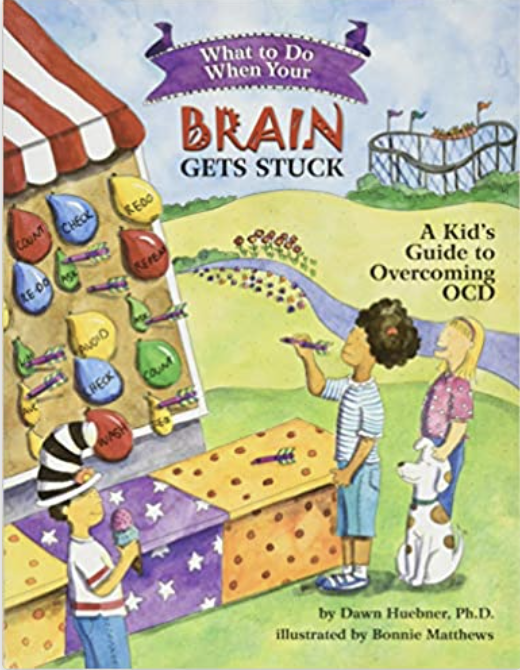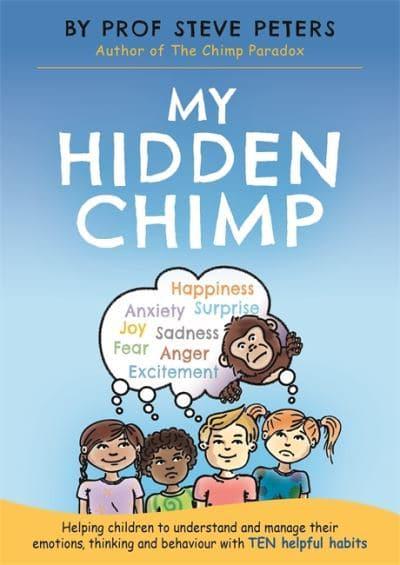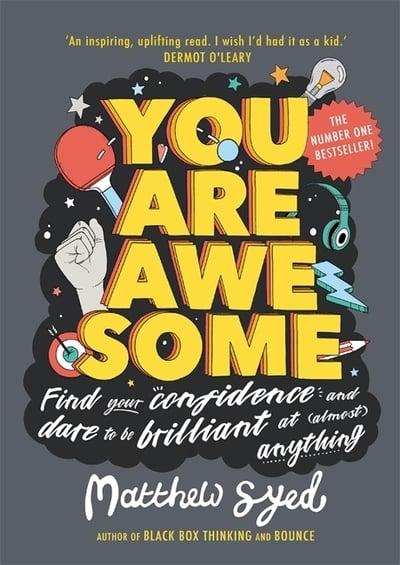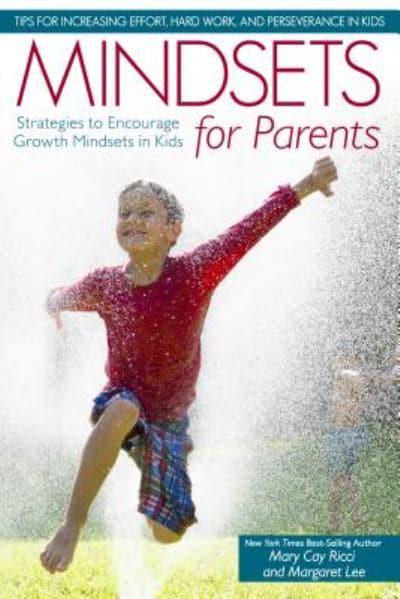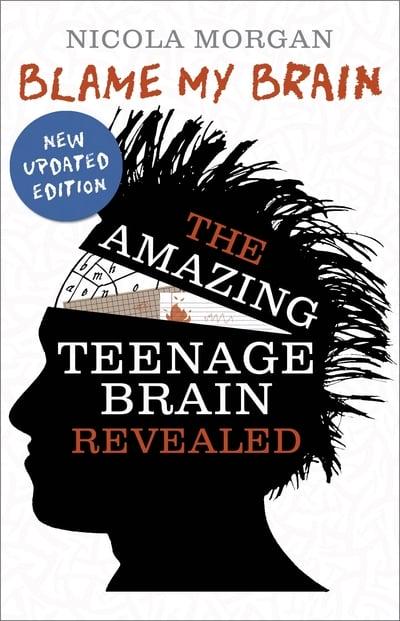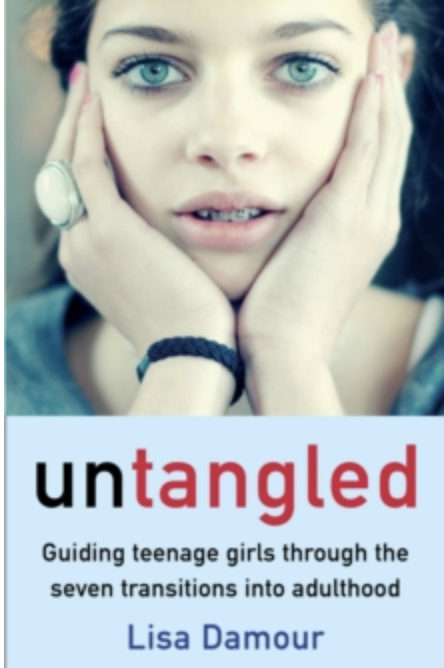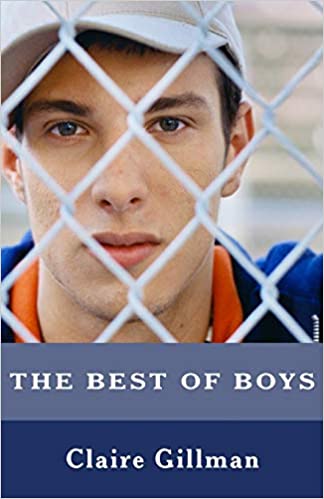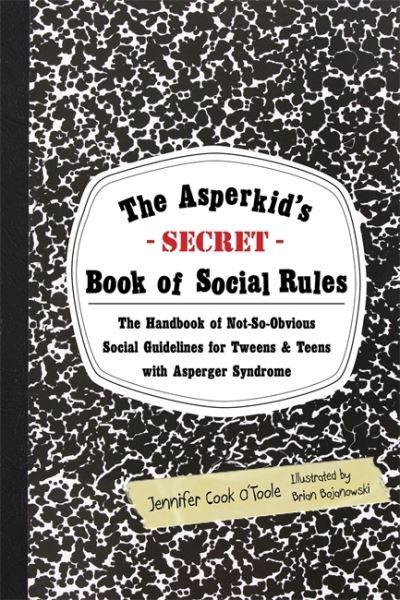The Chimp Paradox by Prof Steve Peters
The Chimp Paradox is an incredibly powerful mind management model that can help you become a happy, confident, healthier and more successful person. Prof Steve Peters explains the struggle that takes place within your mind and then shows how to apply this understanding to every area of your life so you can:
- Recognise how your mind is working
- Understand and manage your emotions and thoughts
- Manage yourself and become the person you would like to be.
The Chimp Mind Management Model is based on scientific facts and principles, which have been simplified into a workable model for easy use. It will help you to develop yourself and give you the skills, for example, to remove anxiety, have confidence and choose your emotions. The book will do this by giving you an understanding of the way in which your mind works and how you can manage it. It will also help you to identify what is holding you back or preventing you from having a happier and more successful life.
Attached by Dr Amir Levine and Rachel Heller
Is there a science to love? In this groundbreaking book, psychiatrist and neuroscientist Amir Levine and psychologist Rachel S. F. Heller reveal how an understanding of attachment theory - the most advanced relationship science in existence today - can help us find and sustain love.
Pioneered by psychologist John Bowlby in the 1950s, the field of attachment explains that each of us behaves in relationships in one of three distinct ways:
Anxious people are often preoccupied with their relationships and tend to worry about their partner's ability to love them back.
Avoidant people equate intimacy with a loss of independence and constantly try to minimise closeness.
Secure people feel comfortable with intimacy and are usually warm and loving.
With fascinating psychological insight, quizzes and case studies, Dr Amir Levine and Rachel Heller help you understand the three attachment styles, identify your own and recognise the styles of others so that you can find compatible partners or improve your existing relationship.
Please Yourself by Emma Reed Turrell
We all know how it feels to want people to like us, to approve of us, to accept us. It's part of what makes us human. And there's nothing wrong with wanting to support other people and help them satisfy their needs. The problem comes when we give up our own needs along the way. Because when we give to make others like us or approve of us, to shore up our own sense of self-worth, to feel needed or to avoid painful emotions, then we give to get. And rarely do we get what we really need.
Emma Reed Turrell works with people pleasers every day in her clinical practice as a psychotherapist - clients wrestling with the complicated dilemmas of a life in which you can't please everyone, but you don't yet have the permission you need to please yourself.
In this groundbreaking, reassuring and essential book she presents an alternative to people-pleasing. Through the stories of people-pleasers across all walks of life she offers insights and techniques that will help you understand yourself more fully and live more authentically.
It will help you get better at being disliked, instead of staying quiet. It will help you recover instead of fearing failure. It will teach you acceptance instead of avoidance and show you how to grow instead of staying small. Above all it will help you care better for others, without taking on their problems, through caring better for yourself.
Assertiveness Training by Chase Hill
In Assertiveness Training, you will discover:
- How to recognize the subtle behaviors that have been hindering your path to self-fulfillment, as well as ways to start transforming them into more positive and self-affirming habits
- Scientifically proven steps to practice self-awareness and emotional control to avoid the most common emotional setbacks barricading the way between you and your assertive self
- How to tackle the anxiety and fear that come from your first attempts at being assertive, making assertiveness second nature
- A plethora of situation-based tips and tricks that will guide you through the process of knowing exactly what to say and do to let people know that you're not to be walked over
- Comprehensive guidance on how to be assertive in your workplace to finally get the recognition and respect you deserve
- How to find the right balance between passive and aggressive behavior to gain genuine respect from others, untainted by pity or fear
- A step-by-step action plan, taking you on a transformative journey towards building more confidence that's rooted in a polite and kind contact with the people around you
The Body Keeps The Score by Dr Bessel Van Der Kolk
What causes people to continually relive what they most want to forget, and what treatments could help restore them to a life with purpose and joy? Here, Dr Bessel van der Kolk offers a new paradigm for effectively treating traumatic stress.
Neither talking nor drug therapies have proven entirely satisfactory. With stories of his own work and those of specialists around the globe, The Body Keeps the Score sheds new light on the routes away from trauma - which lie in the regulation and syncing of body and mind, using sport, drama, yoga, mindfulness, meditation and other routes to equilibrium.
Recommended Books for parents
The Opposite of Worry by Lawrence Cohan
Whether it's the monster in the closet or the fear that arises from new social situations, school, or sports, anxiety can be especially challenging and maddening for children. And since anxiety has a mind of its own, logic and reassurance often fail, leaving parents increasingly frustrated about how to help. Now Lawrence J. Cohen, Ph.D., the author of Playful Parenting, provides a special set of tools to handle childhood anxiety. Offering simple, effective strategies that build connection through fun, play, and empathy.
With this insightful resource of easy-to-implement solutions and strategies, you and your child can experience the opposite of worry, anxiety, and fear and embrace connection, trust, and joy.
What To Do When You Worry Too Much by Dawn Huebner
What to Do When You Worry Too Much is an interactive self-help book designed to guide 6-12 year olds and their parents through the cognitive behavioural techniques most often used in the treatment of generalised anxiety.
Engaging, encouraging, and easy to follow, this book educates, motivates, and empowers children to work towards change. It includes a note to parents by psychologist and author Dawn Huebner, PhD.
What To Do When Your Brain Gets Stuck by Dawn Huebner
This story guides children and their parents through the cognitive-behavioral techniques used to treat Obsessive Compulsive Disorder. Revealing OCD in a whole new light, this interactive self-help book turns kids into super-sleuths who can recognize OCD's tricks.
Engaging examples, activities, and step-by-step instructions help children master the skills needed to break free from the sticky thoughts and urges of OCD, and live happier lives. This is the complete resource for educating, motivating, and empowering children to work toward change.
My Hidden Chimp by Prof Steve Peters
Learn how TEN habits can help children to understand and manage their emotions and behaviour. My Hidden Chimp is an effective and powerful new educational book that offers parents, teachers and carers some ideas and thoughts on how to help children to develop healthy habits for life. The science behind the habits is discussed in a practical way with exercises and activities to help children think the habits through and start putting them into practice. The neuroscience of the mind is simplified for children to understand and then use to their advantage. Professor Steve Peters explains neuroscience in a straightforward and intuitive way - offering up 10 simple habits that we as adults and children should have in our arsenal to deal with everyday life. They include: - Smiling - The importance of talking through your feelings - Learning how to say sorry - Knowing how to ask for help By also explaining the developing 'chimp' brain in children, he shows us how 10 habits can help children to understand and manage their emotions and behaviour. These 10 habits should and can be retained for life. This is an important and another groundbreaking new book from the bestselling author of The Chimp Paradox and the creator of the chimp management mind model.
You Are Awesome by Matthew Syed
I'm no good at sport...I can't do maths...I really struggle with exams...Sound familiar?
If you believe you can't do something, the chances are you won't try. But what if you really could get better at maths, or sport or exams? In fact, what if you could excel at anything you put your mind to?
You Are Awesome can help you do just that, inspiring and empowering young readers to find the confidence to realise their potential. The first children's book from Times journalist, two-time Olympian and best-selling mindset author Matthew Syed, it uses examples of successful people from Mozart to Serena Williams to demonstrate that success really is earned rather than given, and that talent can be acquired. With hard work and determination, practice and self-belief, and, most importantly, a Growth Mindset, there's no reason why anyone can't achieve anything. Practical, insightful and positive, this is the book to help children build resilience, embrace their mistakes and grow into successful, happy adults.
Mindsets for Parents by Mary Ricci and Margaret Lee
All parents want their children to be successful in school, sports, and extracurricular activities. But it's not just about giving your kids praise or setting them on the right direction. Research shows that success is often dependent on mindset. Hard work, perseverance, and effort are all hallmarks of a growth mindset. That's where Mindsets for Parents: Strategies to Encourage Growth Mindsets in Kids comes in. Designed to provide parents with a roadmap for developing a growth mindset home environment, this book's conversational style and real-world examples make the popular mindsets topic approachable and engaging. It includes tools for informally assessing the mindsets of both parent and child, easy-to-understand brain research, and suggested strategies and resources for use with children of any age.
This book gives parents and guardians powerful knowledge and methods to help themselves and their children learn to embrace life's challenges with a growth mindset and an eye toward increasing their effort and success!
Blame my Brain by Nicola Morgan
A comprehensive guide to the biological mysteries that lie behind teenage behaviour.
Contrary to popular (parental) opinion, teenagers are not the lazy, unpleasant louts they occasionally appear to be. During the teenage years the brain is undergoing its most radical and fundamental change since the age of two. Nicola Morgan's carefully researched, accessible and humorous examination of the ups and downs of the teenage brain has chapters dealing with powerful emotions, the need for more sleep, the urge to take risks, the difference between genders and the reasons behind addiction or depression. The revised edition of this classic book contains important new research, including information on mirror neurons and their effect on the teenage brain.
Untangled by Lisa Damour
Leading clinical psychologist Lisa Damour identifies the seven key phases marking the journey from girlhood to womanhood, and offers practical advice for those raising teenage girls. We expect an enormous amount from our teenage girls in a world where they are bombarded with messages about how they should look, behave, succeed. Yet we also speak as though adolescence is a nightmare rollercoaster ride for both parent and child, to be endured rather than enjoyed.
In Untangled, world authority and clinical psychologist Lisa Damour provides an accessible, detailed, comprehensive guide to parenting teenage girls. She believes there is a predictable blueprint for how girls grow; seven easily recognisable 'strands' of transition from childhood through adolescence and on to adulthood. Girls naturally develop at different rates, typically on more than one front, and the transition will be unique to every girl.
The Best of Boys by Claire Gillman
Positive and reassuring, The Best of Boys gives parents an insight into the minds of teenage boys and the enormous changes they face, plus practical advice on how to communicate with your son, to help him through what can be a challenging time.
Drawing on advice and interviews from experts, other parents and teenage boys themselves, The Best of Boys offers down-to-earth advice that will help every member of the family and is essential reading for parents of sons.
The Asperkid's Secret Book of Social Rules by Jennifer Cook O'Toole
Being a teen or tween isn't easy for anyone but it can be especially tough for Asperkids. Jennifer O'Toole knows; she was one! This book is a top secret guide to all of the hidden social rules in life that often seem strange and confusing to young people with Asperger syndrome.
The Asperkid's (Secret) Book of Social Rules offers witty and wise insights into baffling social codes such as making and keeping friends, blending in versus standing out from the crowd, and common conversation pitfalls. Chock full of illustrations, logical explanations, and comic strip practice sessions, this is the handbook that every adult Aspie wishes they'd had growing up.
Ideal for all 10-17 year olds with Asperger syndrome, this book provides inside information on over thirty social rules in bite-sized chunks that older children will enjoy, understand, and most importantly use daily to navigate the mysterious world around them.

